Cleaning
How To Get Rust Out Of Clothes | Expert Tips
It’s so easy to get rust stains on your shirt. Ask anyone who spends a lot of time working outdoors. This post has tips and tricks to get rust stains out of clothes with practical ingredients you’ll already have around the home.
Rust stains have proven to be some of the hardest stains to remove from clothes, and if you launder the stains before treating them, you’ve made the situation a whole lot worse. However, help is on hand as you probably already own a few household products that are great for rust removal.
We’ve given you a variety of step-by-step guides to remove rust from clothes, fabric, upholstery, and carpet. Choose the best method, depending on what ingredients you have in your cleaning kit!
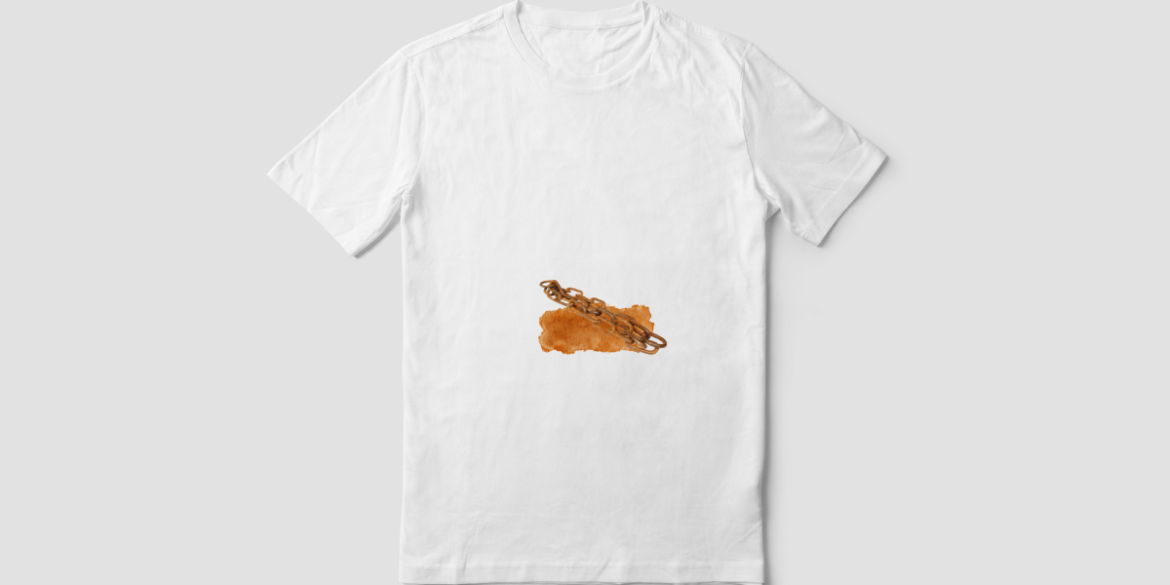
This post contains affiliate links, and The Organizer UK may earn commissions for purchases made through the links in this post. For more details, see here. Thank you so much for your support!
Things to remember before you start.
- Check the instructions on your garment care label. Pay close attention to the instructions on any delicate garments.
- Spot test in an inconspicuous area, and undertake these methods at your own risk.
- Never use chlorine bleach, as it will make the stain permanent.
- Never put the stain through the washer or dryer, as this will set the stain fast, making it almost impossible to remove.
- Treat the rust stain as quickly as possible before it sets into the fabric’s fibers.
Additional tips for removing rust stains.
- Rust stains are tough to remove, so you may need to repeat the process a few times before the stain disappears.
- Move on to a different method, or use a commercial rust remover like this one if necessary.
- Take the garment to a professional dry cleaner if you need to.
- Always follow your garment’s care label. If you’re unsure what the care label symbols mean, read this handy guide.
What is rust, and how does it stain your clothes?
- Rust is a mineral-based or earth stain. To learn more about determining what type of stain you are dealing with, read this post.
- Rust comprises iron, oxygen, and liquid or moisture, which undergo a chemical reaction to create a reddish-brown oxide.
- Rust can be stubborn to remove. However, the reddish-brown color of the stain makes it look worse than it is.
Find The Source Of The Rust Stains On Your Clothes
Finding the source of the rust stains on your clothing is one of the most important factors in stopping rust stains from reoccurring. It is also important to investigate where the stain originated so you can figure out how to treat it.
Stains can come from many sources around the home, and the most common are:
- Rusty tools
- Rusty chains
- Metal shelves
- Table legs
- The car
- The sink
- Garden furniture
- The garage
- The shed
- Pushchairs and prams
- Kids toys
- Hangers and clothes hooks
- Metal fixtures
- Bikes
- Metal furniture
- Locks and padlocks
- Loose objects in the laundry, paperclips, keys, etc
What causes rust stains?
Sometimes rust stains may appear out of nowhere and can be difficult to source. However, they are the ones that are the most important to get to the bottom of because they will keep reoccurring if you don’t fix the issue. These more difficult-to-source problems can be caused by the following:
- Water sources that are contaminated with iron.
- An old rusty water heater.
- Dirty, rusty, and corroded pipework.
- Cast iron pipework which rusts and corrodes over time.
- Rusty water tanks
- Well water
- Rust in the washing machine or dryer drum.
Water source
Sometimes, water with high iron content in rural areas may leave a rust stain in your bath or toilet, which is almost impossible to remove. This may also cause a problem in your laundry and will be more noticeable on white garments as yellow or reddish stains. This is often the case with water from a well or storage tank.
- Purchase a special filter to help filter out the iron and mineral content from the water.
- Replace cast iron pipes with ones that won’t corrode.
- Have storage tanks and pipes professionally cleaned.
Washing machine
You may find that the culprit is your washing machine. Washing machines can sometimes be prone to rust if kept in a damp garage or outhouse.
- Add soda crystals to each laundry load to help keep your machine’s pipes and workings clean. Adding soda crystals to each wash keeps your whites brighter and helps prevent mold around your machine’s seal, too, it is worth adding, and it’s cheap!
Tumble dryer
Check the filter, drum, and lint trap for any stray hair clips or loose objects that may be causing rust to transfer to your clothes during the drying process.
Loose Objects
Sometimes objects can become stuck in the washing machine and begin to rust over time. Screws, nails, keys, bobby pins, and paper clips are the main culprits. Watch out for hair bobbles too! Check your filter regularly and inspect your pockets before washing.

Using A Commercial Rust Remover for Clothes
If you’ve kids, you’ll need to know how to get rust out of white clothes. A few good-quality rust removers, like this one, contain acids that help break down the rust stains in the garment. However, they contain many more toxic chemicals than the DIY ones listed below, so safety is paramount. You can get an eco stain remover here if you prefer something plant-based and less toxic. You can use most of these rust removers on colorfast or white clothing.
Tips for using a commercial rust cleaner
- Follow the manufacturer’s instructions on the pack.
- Always be sure to do a test on your garment first before using the stain remover.
- Check the care label on your garment before proceeding.
- Always wash the garment on the usual cycle recommended in the care instructions.
- Always use gloves and goggles to protect yourself from the irritants and toxic chemicals in the stain remover.
- Be careful not to stain any other surrounding fabrics or upholstery.
- Do not dry the garment until you have removed the whole stain.
- Repeat the process if necessary.
Homemade stain removers
Many of us are changing to less toxic stain removal. To read about the toxins in your cleaning products, read this post. Here are 7 non-toxic stain removers to help remove rust from clothes.
Salt, dish soap, and lemon juice
- 1 Tbsp salt
- Juice of half a lemon
- 1 Tbsp dish soap
When lemon juice comes into contact with rust, something magical happens!
- Mix the ingredients in a bowl until it forms a stiff paste.
- Brush the mixture into the stain.
- Add more paste if necessary.
- Leave it to work for a few hours or overnight if you wish.
- Add a tablespoon more dishwashing soap to help to loosen the paste.
- Brush the paste residue off the garment.
- Rinse under running water.
- Launder the garment on the usual setting.
- Repeat if necessary.
Lemon juice and UV rays
- Clean white cloth
- One whole lemon or some lemon juice
- A sunny day
You will need good weather for this one, so if it’s sunny and you’ve got some lemon juice, let’s get to it!
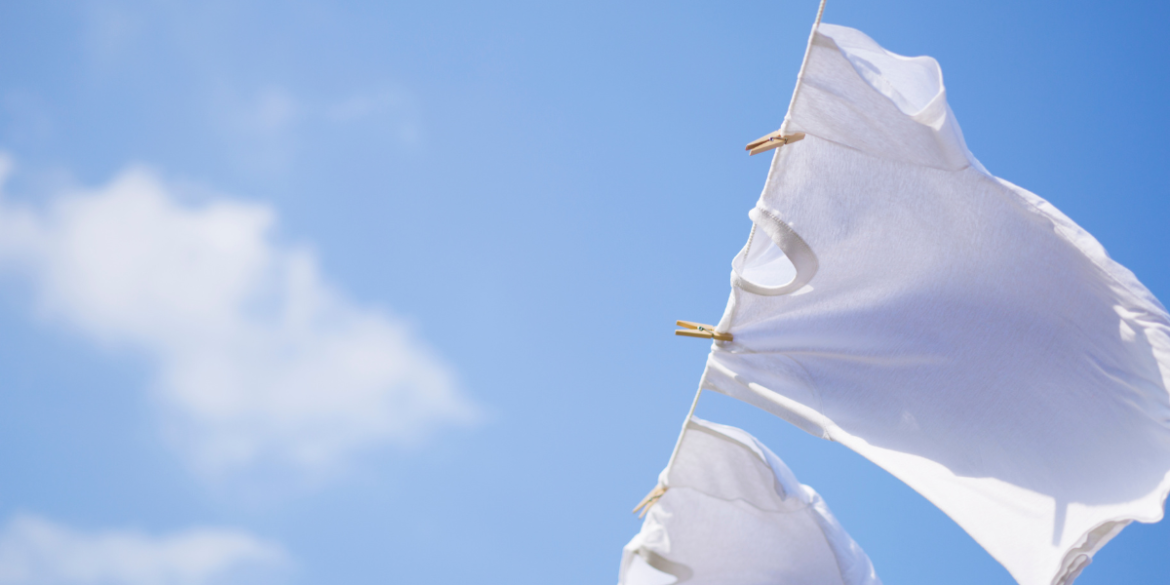
- Put a clean white cloth underneath the garment.
- Squeeze the lemon juice to cover the stain
- Allow the liquid to penetrate the fibers for approximately 30 minutes
- Place the garment on the washing line in the sunshine
- Allow to air dry in the sun
- Wash the garment on the usual cycle
Rhubarb
- 1 Litre of Water
- Several rhubarb stalks
It may sound like an old wives’ tale, but rhubarb is a fabulous DIY rust stain remover for colored clothes.
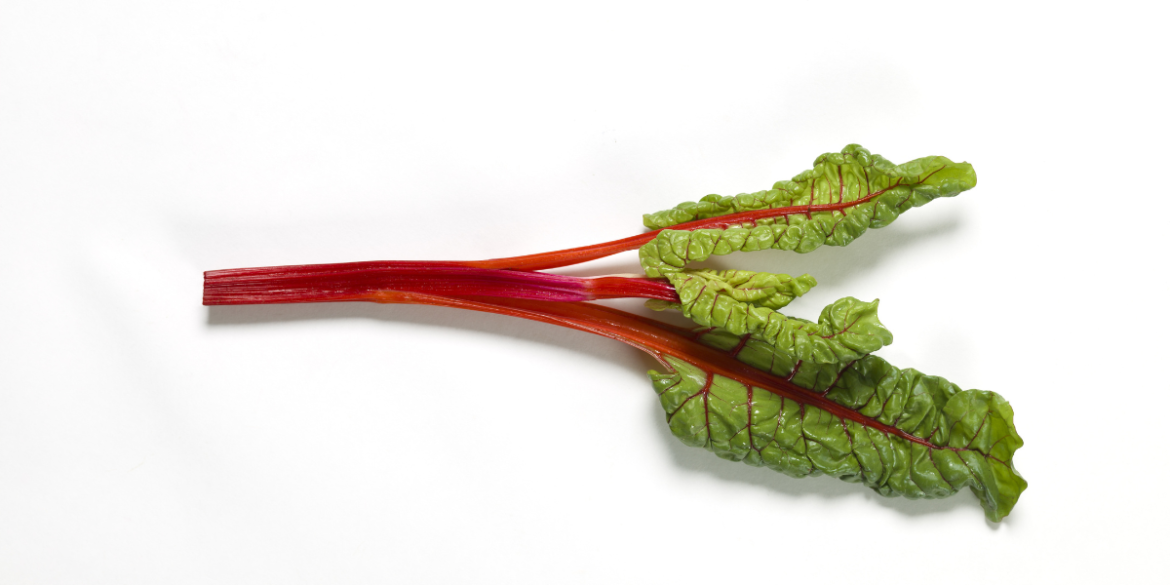
- Place the rhubarb and water in a large pan.
- Bring to a boil.
- Simmer for 20 minutes.
- Remove the rhubarb from the water.
- Soak the garment in the rhubarb water until the stain fades.
- Wash the garment as usual
Cream Of Tartar, Hydrogen Peroxide & Baking Soda
- Cream of tartar 1tbsp
- Baking soda 1tbsp
- Hydrogen peroxide
Cream of tartar is acidic and is a powerful rust dissolver when mixed with baking soda and hydrogen peroxide.
- Mix the ingredients in a bowl to produce a poultice consistency.
- Apply the poultice/paste to the stain and allow it to sit and work into the fibers for a few hours.
- Scrape the poultice off.
- Rinse under running water.
- Wash the garment as usual
How to remove rust from natural fibers.
You will need to take a much more gentle approach when treating rust stains on natural fibers.
- Silk
✔️ Soak the rust stain with lemon juice.
✔️ Cover liberally with salt.
✔️ Allow the garment to soak for approximately 30 minutes or longer if needed.
✔️ Rinse with running water.
✔️ Repeat if necessary.
✔️ Finally, blot with vinegar to revive the shine. - Wool
✔️ Blot the stain with soda water. Be careful not to over-soak the wool.
✔️ Mix 1 tbsp lemon juice and 1 tbsp salt to a paste and apply to the stain.
✔️ Allow the paste to dry.
✔️ Gently brush off the dry paste.
✔️ Repeat if necessary.
How to remove rust stains from carpet, fabric, and upholstery.
At some point, you may need to know how to remove rust stains from non-washable fabrics. The methods are much the same as when removing rust from clothes, but you should not over-soak the carpet fibers. If carpet fibers are oversoaked and not dried properly, mold can grow.
Dishwashing liquid and ammonia
This method doesn’t smell pleasant, so it may be a good idea to ventilate the room before you begin.
- Remove the loose rust from the carpet by vacuuming up any flaky pieces.
- Mix 2 tbsp of dishwashing liquid and 1 tbsp of Ammonia in a bowl with 2 cups of warm water.
- Blot the area with a clean white cloth but do not saturate.
- Allow the solution to rest for 10 minutes.
- Blot up the excess moisture with a fresh, white cloth.
- Blot the stain gently with clean water to rinse.
- Dry the area with a hairdryer or a fan heater.
Salt and vinegar
This method gets to the carpet stain using a cloth like a poultice to sit on top without soaking the carpet fibers.
- Soak a clean white cloth in white vinegar, then wring it out until it is almost dry.
- Cover the rust stain with salt.
- Place the vinegar cloth on the salted stain for about an hour.
- If the stain is still visible, repeat the process until it disappears.
- Dry the area with a hairdryer, then vacuum up any remaining salt.
Dish Soap and Water
Dish soap is a great stain remover and is gentle for carpet fibers. If the stain isn’t too deep, you may have a good chance to remove it using a soapy solution.
- Remove and vacuum up any loose flakes of rust from the carpet.
- Dampen a clean, white cloth and add a few drops of neat dish soap.
- Blot the stain with dish soap, careful not to damage the carpet fibers.
- When the area lathers, allow it to sit for approximately 10 minutes.
- Blot up any moisture from the stain with a clean white cloth.
- Rinse the stained area gently with a clean damp cloth to remove the dish soap solution.
- Dry with a heater or hairdryer.
When to Call a Professional
I would probably always go to a professional dry cleaner if the garment is:
- Of sentimental value, like a wedding dress or a favorite cuddly toy.
- A designer brand or particularly expensive to replace.
- Delicate like lace or silk.
- If the garment has been washed and dried before treating the stain.
- If you are not confident enough to remove rust from clothes at home without ruining them.
- If the care label says dry clean only
- If you’ve borrowed the garment from someone else!
To find out the secrets dry cleaners don’t want you to know, read this post
How to prevent rust stains on clothes
- Check pockets before washing for any lost objects
- Get wells, and water tanks serviced regularly
- Check washing machines and dryers for rust spots
- Check the washing machine for loose objects stuck in the seal or filter.
- Buy a filter for high iron and mineral water areas.
- Replace broken and decaying pipes
How to get rust out of clothes that have been washed and dried
You can try to remove the rust stain after washing and drying, but the chances are that it is now permanent. I’d try using a commercial rust stain remover like this or take the garment to the dry cleaners.
How to remove other types of stains from clothes
Find out all the secrets dry cleaners use to remove every stain in this post.
FAQ
As we’ve stated before, removing dried-in rust stains is almost impossible, so the trick is to get to the stain before washing and drying.
I would avoid using lubricant to remove rust stains from clothes as you may end up with an oily stain on your clothes.
As stated above, chlorine bleach will make the stain permanent, so avoid using it on rust stains at all costs.
Follow the instructions above to find out how to remove rust stains from clothes with hydrogen peroxide.
It would be best if you did not use bleach on rust stains as it will make the rust stain permanent.
-
Calling all dog owners: How to clean fake grass

If you own a beautiful artificial grass lawn, then cleaning it is as essential as keeping real grass well-maintained. Controlling pets is part of this process and can be one of the most challenging tasks, given that dog pee or poop on fake turf causes unpleasant odors and messes. We’re here to help with our…
-
How to clean artificial flowers the easy way

Do you love adding flowers to your household decorations but want a way to save time and money? Artificial flowers are an excellent alternative, as they offer the chance to spruce up any room without needing daily care. But it’s important that if you use faux blooms, then you keep them in good condition. To…
-
How to cook a gammon joint in a slow cooker
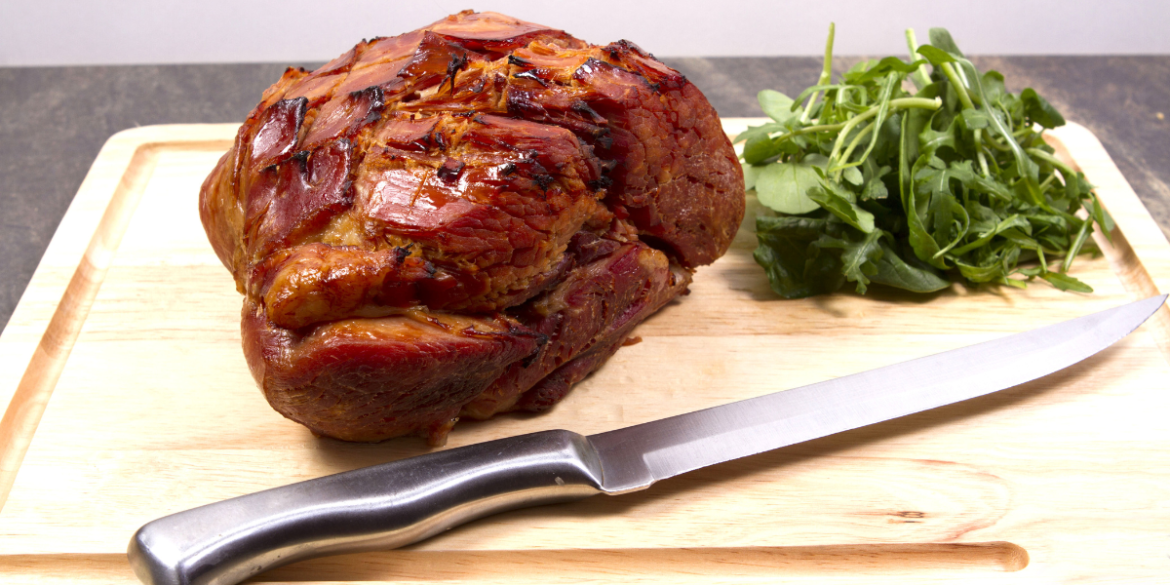
Are you a novice cook and want to learn how to make delicious gammon joint in a slow cooker? If so, then you are in the right place! Cooking gammon joint in a slow cooker is an easy way for anyone to prepare tasty dishes on busy weeknights or lazy weekends. In this blog post,…
-
How to clean mold out of a fridge
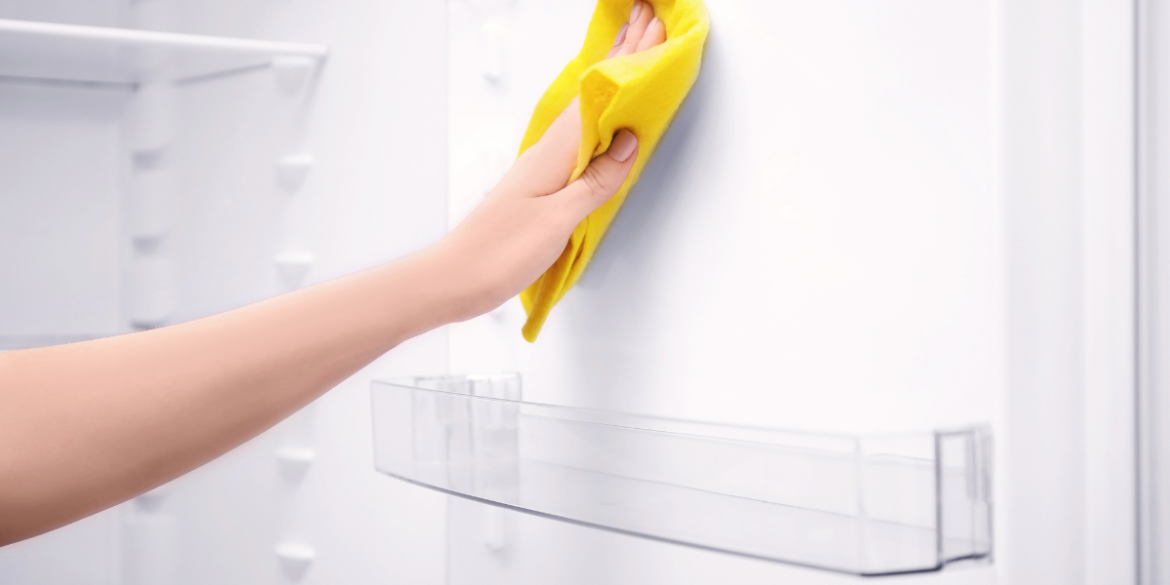
Mold is a common problem in refrigerators and can be a major headache if not dealt with properly. Mold must be dealt with promptly and efficiently to avoid health problems. If you notice a musty smell, visible growth, or fungus spots in your refrigerator, it may indicate the presence of mold. So what do you…
-
How to get crayon off wood: Easy ways!
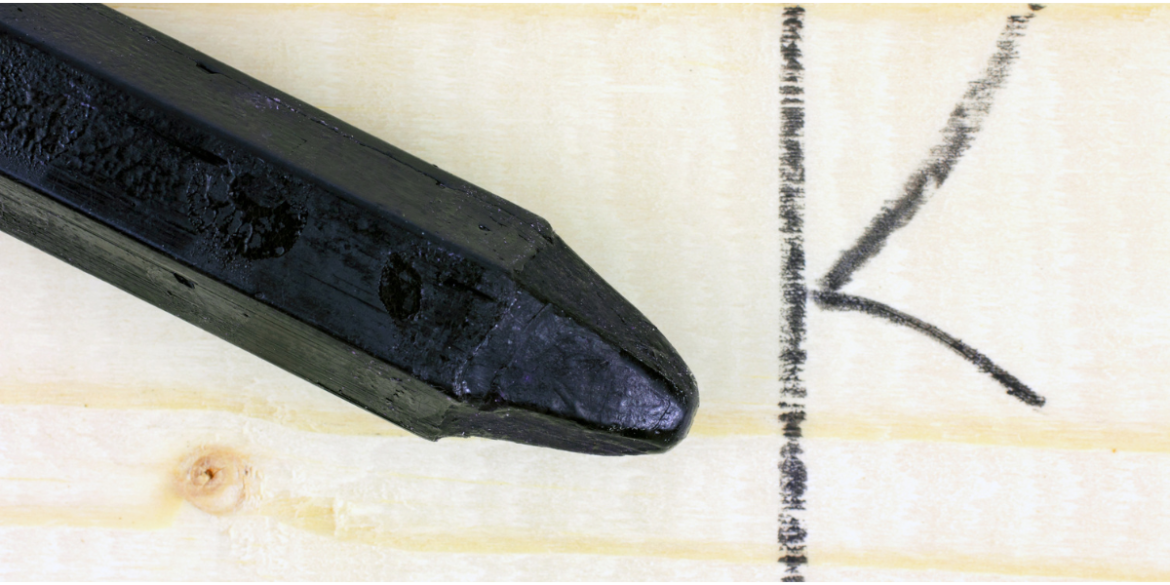
Are you looking for the best way to remove crayon marks from your wood furniture? Don’t worry; we’ve got the perfect solution. Today, we will show you exactly how easy it is to keep your wooden surfaces spotless with simple tips anyone can do! Keep reading for more information about supplies and easy step-by-step guidance…
-
How To Remove Mildew Smell From Clothes
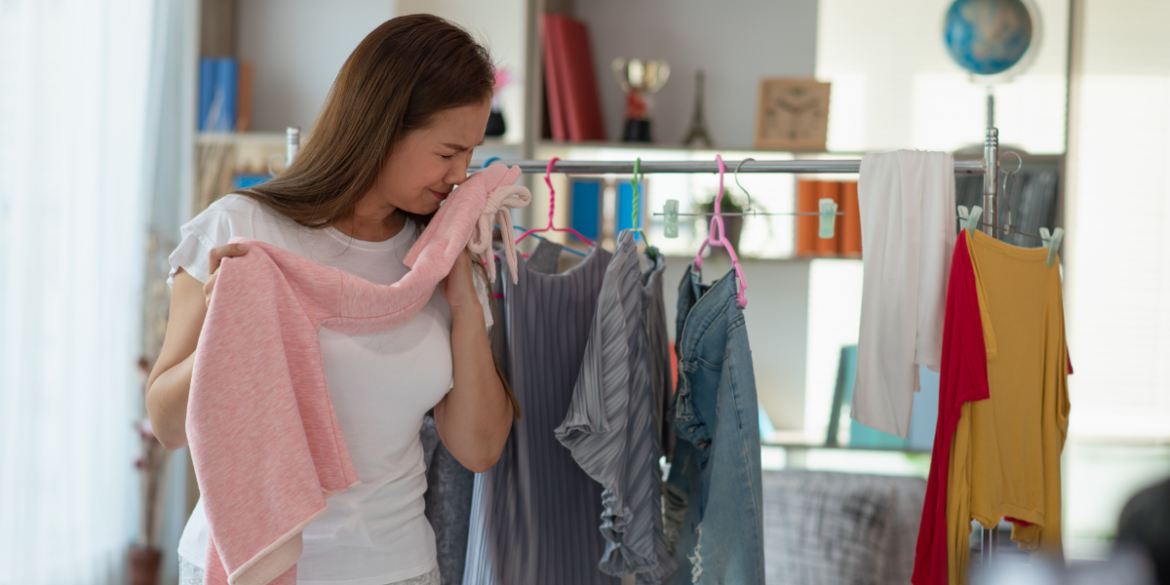
There’s nothing worse than when your clothes smell musty, especially if you don’t realize it until you are out of the house. It can be tough to get the mildew smell out of clothes once they have been dried. This post gives you some easy-to-follow tips to remove mildew smells from clothes and keep your…

